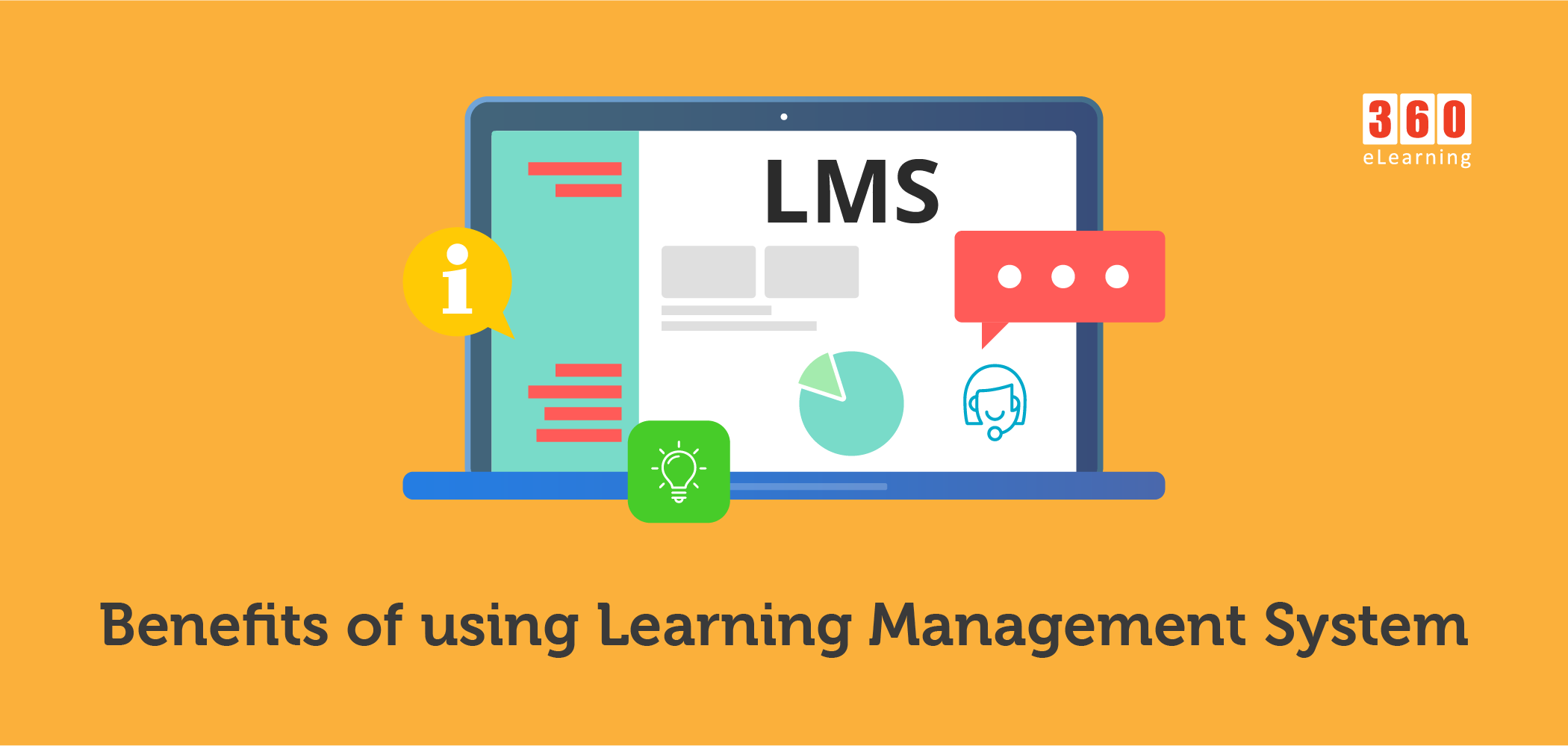Picking the most effective Learning Monitoring System for Your Company
Choosing the optimal Learning Monitoring System (LMS) for your company is a multifaceted decision that calls for cautious consideration of numerous aspects. From defining specific understanding goals that resonate with your critical vision to examining user experience, each variable plays an essential role in the total efficiency of the system. Additionally, recognizing integration capacities and making certain scalability for future requirements can not be overlooked. As companies strive for performance and growth, the selection of an LMS ends up being increasingly considerable. What are the vital considerations that can influence your decision-making process?
Specify Your Knowing Purposes
Specifying clear understanding objectives is crucial for the successful application of an Understanding Administration System (LMS) These goals function as a roadmap, directing the advancement of web content, assessments, and overall training approaches within the LMS. By developing specific, measurable, attainable, appropriate, and time-bound (CLEVER) objectives, organizations can guarantee that the discovering experiences are straightened with their critical objectives and learner requirements.
Efficient discovering purposes need to envelop what learners are anticipated to understand or have the ability to do upon conclusion of a program or training program. This clearness not just help in web content production yet also facilitates the evaluation of student progress and the general efficiency of the LMS. Canvas Singapore. Well-defined objectives enable stakeholders to assess whether the picked LMS performances and functions align with their educational objectives.
Assess Individual Experience
Once learning objectives have been established, evaluating customer experience comes to be a crucial next action in choosing an appropriate Learning Administration System (LMS) User experience incorporates the general contentment and simplicity with which students engage with the system. A properly designed LMS ought to promote instinctive navigation, ensuring that customers can locate training courses, materials, and assistance effortlessly.
To evaluate customer experience, take into consideration conducting usability screening with a depictive example of end-users. This can supply useful understandings into exactly how learners engage with the system. Key aspects to evaluate include the LMS's user interface design, availability features, mobile compatibility, and the clearness of guidelines offered. Customer feedback is vital; collecting surveys or performing meetings can reveal typical discomfort factors and areas for enhancement.
Furthermore, examine the schedule of assistance resources, such as tutorials and help centers, which can improve the individual experience. The responsiveness of consumer assistance is also vital; prompt aid can significantly reduce irritations that customers might encounter. Ultimately, selecting an LMS that prioritizes user experience not only enhances the discovering process however likewise promotes higher engagement and complete satisfaction amongst students.

Evaluate Combination Capacities
Identifying the relevance of smooth functionality, evaluating integration capabilities is essential when choosing a Discovering Administration System (LMS) An efficient LMS must assist in interoperability with existing systems, such as Personnel Administration Solution (HRMS), Customer Relationship Management (CRM) systems, and various other academic tools. This integration enhances information circulation, decreases management concerns, and makes sure a natural discovering atmosphere.
When evaluating an LMS, take into consideration the sorts of combinations provided. Look for Application Programming User Interfaces (APIs), Single Sign-On (SSO) capabilities, and pre-built adapters that enhance combination processes. In addition, confirm the LMS's ability to incorporate with third-party tools, such as material libraries or assessment systems, which can substantially enrich the understanding experience.

Consider Scalability and Adaptability
As companies develop, the capacity of a Discovering Management System (LMS) to range and adapt comes to be progressively important. A scalable LMS can suit development in individual numbers, course offerings, and content without endangering performance or customer experience. As companies expand, whether with increased workers, new places, or varied training requirements, the LMS needs to effortlessly expand together with these adjustments.
Versatility is just as crucial; an effective LMS has to support different discovering modalities, such as online, mixed, and mobile learning. This versatility permits organizations to respond swiftly to arising trends in training and advancement, guaranteeing that they can use relevant and engaging learning experiences - LMS Singapore. Furthermore, the system must provide customizable functions, making it possible for organizations to tailor the LMS to their particular demands and branding
In addition, a flexible LMS should incorporate easily with existing platforms and tools, assisting in a natural understanding community. Therefore, when choosing an LMS, it is critical to analyze not only its present capacities yet also its possible to adjust and grow abreast with the company's calculated objectives and progressing discovering requirements. This foresight can substantially like it improve the long-lasting feasibility of the selected LMS.
Review Costs and Budgeting
When evaluating a Learning Management System (LMS), assessing prices and budgeting is crucial to make certain that the financial investment lines up with the organization's calculated goals and financial capacities. Organizations needs to begin by identifying the overall expense of ownership, which consists of licensing charges, implementation prices, upkeep, and any added costs such as training and technical support.
It is crucial to contrast different LMS alternatives, as pricing versions can vary dramatically among vendors. Some systems may supply a subscription-based version, while others may charge an one-time cost. Organizations ought to additionally consider the scalability of the LMS; as they grow, the price structure may transform, influencing long-term budgeting.

Final Thought
Picking an appropriate Discovering Monitoring System (LMS) is essential for accomplishing business understanding objectives. An extensive analysis of customer experience, integration capabilities, scalability, and monetary considerations makes sure that the picked LMS straightens with critical objectives and student needs. By systematically resolving these variables, organizations can enhance learning outcomes, help with seamless operations, and support future development. Inevitably, the appropriate LMS functions as a pivotal tool in fostering a reliable understanding setting and driving business success.
Choosing the optimal Learning Monitoring System (LMS) for your company is a complex choice that needs careful factor to consider of different aspects.Specifying clear understanding goals is important for the effective application of a Knowing Monitoring System (LMS)Once discovering objectives have actually been established, reviewing try this website individual experience becomes an essential next action in choosing an ideal Knowing Management System (LMS)As companies evolve, the capability of a Learning Management System (LMS) to range and adjust comes to be progressively important.Choosing an appropriate Discovering Management System (LMS) is necessary for achieving business learning goals.